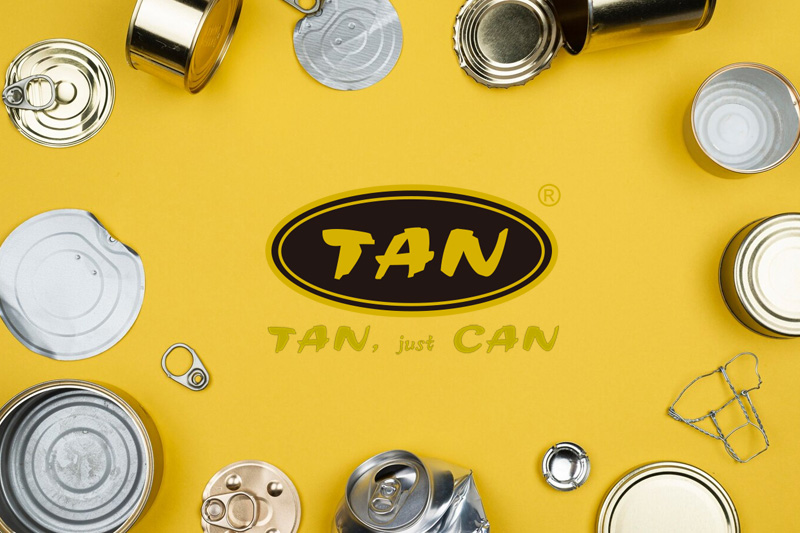In recent years, consumers have become increasingly conscious of the environmental impact of their food choices, driving demand for sustainably sourced and produced products. Canned food manufacturers are no exception, as they strive to align their operations with principles of environmental stewardship and social responsibility. In this blog post, we'll shine a spotlight on the sustainable sourcing and production practices adopted by canned food manufacturers. We'll explore the role of mushroom production technology in enhancing sustainability, and offer valuable insights into the importance of these practices for the industry and the planet.

Understanding Sustainable Sourcing in Canned Food Manufacturing:
Sustainable sourcing encompasses the responsible procurement of raw materials, including fruits, vegetables, meats, and seafood, used in the production of canned foods. Canned food manufacturers prioritize suppliers who adhere to ethical labor practices, minimize environmental impact, and support local communities.
Mushroom production technology offers a sustainable alternative for sourcing ingredients used in canned foods. Mushrooms can be cultivated using agricultural waste materials, such as straw and sawdust, reducing the need for virgin resources and minimizing waste. Additionally, mushrooms are known for their rapid growth and high yield, making them a sustainable and efficient ingredient for canned food products.
Insight: By embracing sustainable sourcing practices and incorporating mushroom production technology, canned food manufacturers can reduce their environmental footprint and support the well-being of communities.
Promoting Responsible Production Practices:
In addition to sourcing sustainable ingredients, canned food manufacturers are implementing responsible production practices to minimize waste, conserve resources, and reduce emissions. This includes optimizing energy and water usage, reducing packaging waste, and implementing recycling and waste management programs.
Mushroom production technology contributes to responsible production practices by utilizing agricultural by-products and waste materials as substrates for mushroom cultivation. This process not only reduces waste but also creates value-added products that can be used in canned food manufacturing. Furthermore, mushrooms are grown in controlled environments, minimizing the need for pesticides and fertilizers and reducing environmental impact.
Insight: By adopting responsible production practices and integrating mushroom production technology, canned food manufacturers can enhance efficiency, reduce waste, and promote environmental sustainability.
Investing in Sustainable Supply Chains:
Sustainability extends beyond the production facility to encompass the entire supply chain, from raw material sourcing to distribution and logistics. Canned food manufacturers are collaborating with suppliers, distributors, and other stakeholders to promote transparency, traceability, and ethical practices throughout the supply chain.
Mushroom production technology offers opportunities for vertical integration within the supply chain, allowing canned food manufacturers to directly control the production of key ingredients. By establishing partnerships with mushroom growers or investing in mushroom cultivation facilities, manufacturers can secure a reliable and sustainable source of ingredients while promoting local economies and reducing transportation emissions.
Insight: Investing in sustainable supply chains strengthens resilience, promotes transparency, and fosters collaboration among stakeholders in the canned food industry.
Educating Consumers and Building Trust:
Transparent communication and consumer education are essential for building trust and promoting sustainability in the canned food industry. Canned food manufacturers are proactively engaging with consumers to raise awareness about their sustainability initiatives, ethical sourcing practices, and commitment to environmental stewardship.
Mushroom production technology offers a compelling story for consumers, highlighting the sustainability and innovation behind the cultivation of this nutritious ingredient. By sharing insights into the environmental benefits of mushroom cultivation and its role in sustainable food production, manufacturers can connect with consumers on a deeper level and build trust in their brand.
Insight: Educating consumers about sustainable practices and the role of mushroom production technology fosters trust and loyalty, driving demand for responsibly sourced and produced canned foods.
Conclusion:
In conclusion, sustainable sourcing and production practices are essential pillars of the canned food manufacturing industry, driven by a commitment to environmental stewardship, social responsibility, and long-term viability. By embracing sustainable practices and integrating mushroom production technology, canned food manufacturers can reduce their environmental footprint, enhance efficiency, and promote transparency throughout the supply chain. As consumers continue to prioritize sustainability in their purchasing decisions, the adoption of these practices will become increasingly important for the success and resilience of the canned food industry. Through collaboration, innovation, and a shared commitment to sustainability, canned food manufacturers can play a leading role in shaping a more sustainable future for food production and consumption.



采访刊发中国罐头⾏业-01.jpg)

